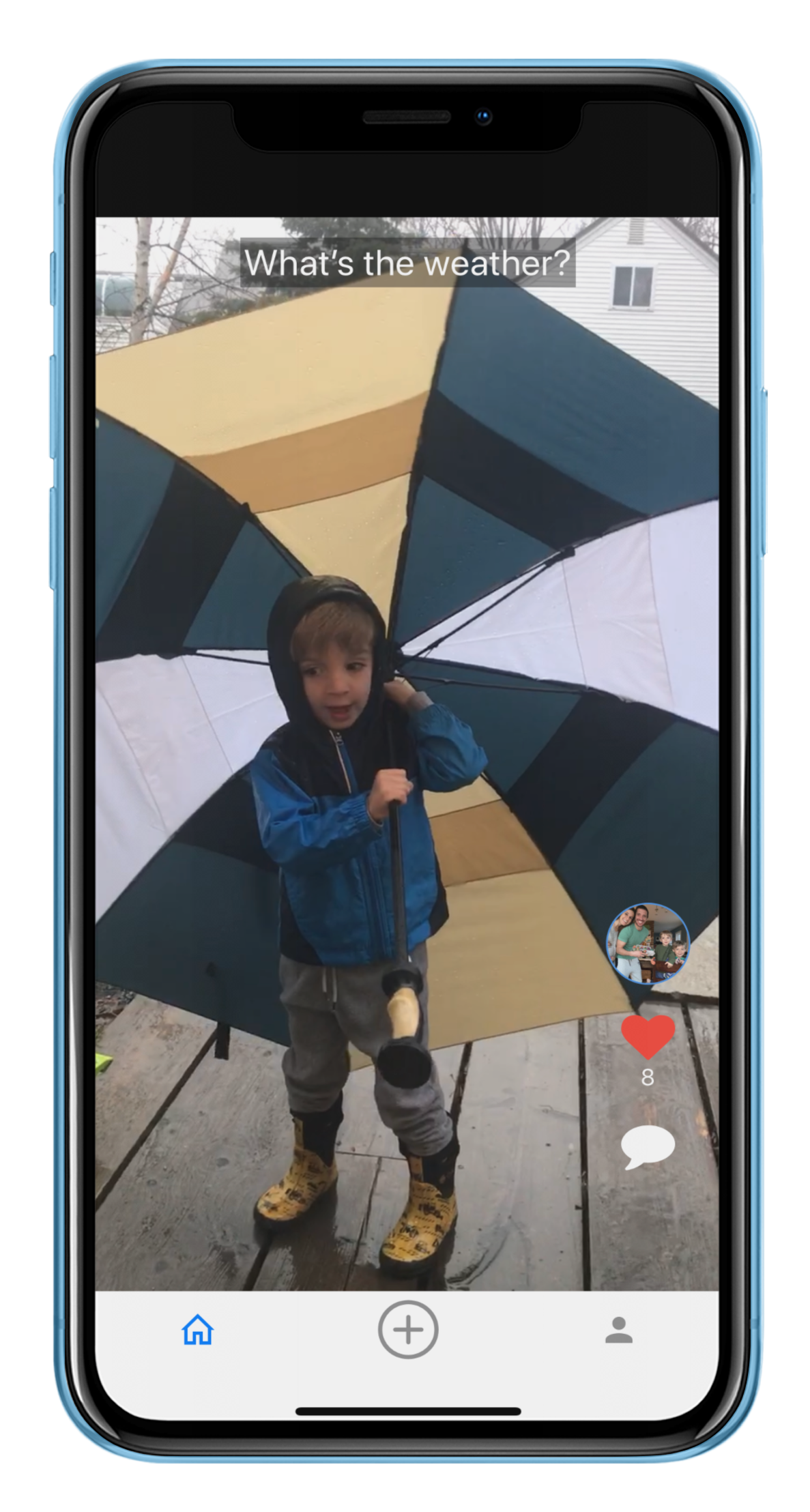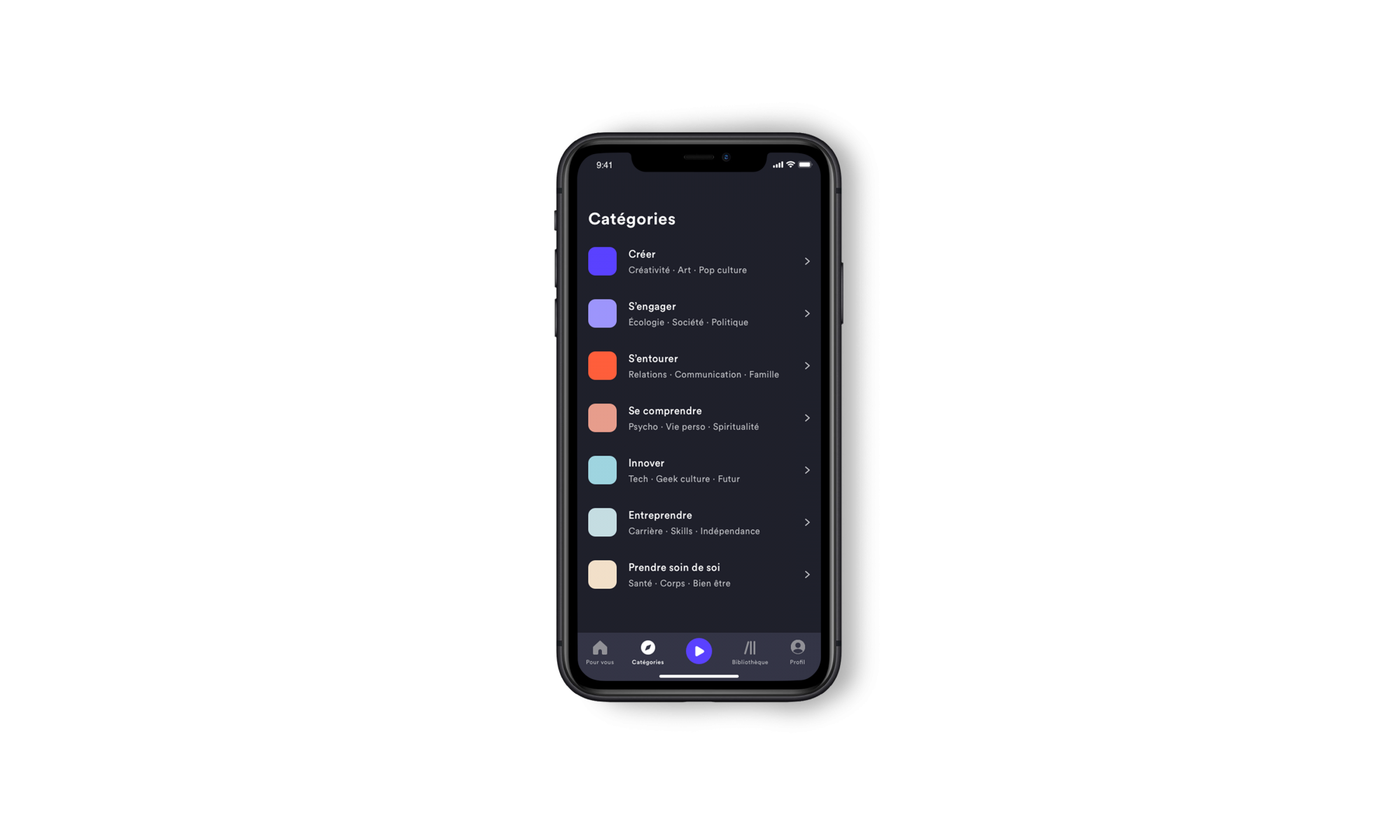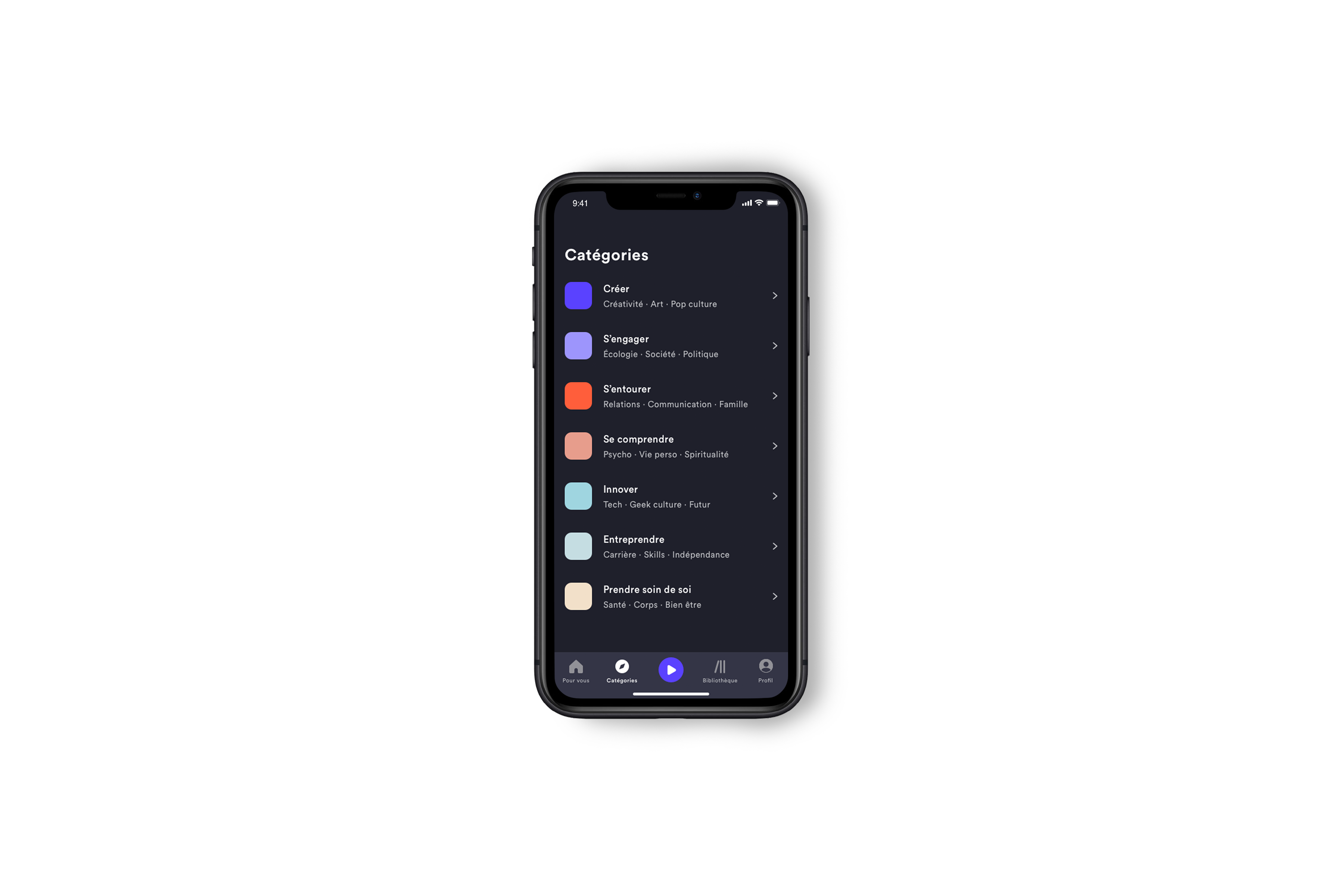Eric Tarczynski
Contributor
Eric Tarczynski is the Managing Partner at
Contrary, a network-driven venture firm backed by founders from Facebook, Tesla, and many others.
Across the country, university campuses are in limbo.
The California State University system has committed to online classes in Fall 2020. Northeastern University is reopening as normal. UT Austin is taking a hybrid approach: in-person classes until Thanksgiving break, then online classes during flu season.
This presents a special set of circumstances for university entrepreneurs. The traditional resources and networks are nonoperational. But time and focus, historically the most scarce resources for ambitious students, is now at an all-time high.
It’s often noted that both Facebook and Microsoft were started during Harvard’s Reading Period, a week where classes are cancelled to let students study. This spring has been like one long Reading Period, sometimes with even less responsibility.
Deprioritizing classes
Stanford undergraduate Markie Wagner is taking advantage of the mandatory Pass/Fail policy that the school adopted. Since grades are no longer a consideration, Markie and her friends have free rein to put classes on the back burner to focus on talking to entrepreneurs and experimenting with business ideas.
She told us, “I’m going full hackathon mode this quarter. I’ve been reaching out to lots of founders and VCs to learn from them.” Planning on spending her upcoming senior year building a company, she’s getting a head start on exploration and network building.
If the pandemic forces school closings for the long-run, however, students will have to deal with more than a semester with an easier course load.
There’s near-universal resentment toward the idea of paying full tuition for online classes. Many of the students in Contrary’s network are planning gap years. Or, like Austin Moninger, even skipping senior year altogether. A senior at Rice studying computer science, he originally intended to graduate in spring of 2021. But given the virtual nature moving forward, he decided to accelerate graduation and is currently pursuing full-time software engineering roles. He notes, “We’ve all learned that we’re really paying for the experience and the network at the end of the day, so without it, I might as well take my time and money elsewhere.”
This puts universities in a precarious position: They must choose between letting students take breaks and defer admissions, which risks class size or financial issues (as an example, Dartmouth’s Tuck School of Business decided against this, refusing to allow students to defer), or pushing forward at full price and risking brand damage.
That said, some students are affected by shutdowns or online classes more than the schools themselves are. Research-focused entrepreneurs working in biotech, hardware or other sectors typically require expensive lab equipment to make progress. Pure software plays like Facebook and Snap usually come to mind first when talking about university entrepreneurship, but such lean operations are certainly not the only ones being built.
It’s also unclear how prolonged closures or online classes will impact education itself and how that will impact founders in the long run. Most founders have completed the majority of their degrees by the time they commit to their companies and attempt to raise money. We have not seen any meaningful skill gap in 2020, nor do we expect to throughout the rest of the year.
Unless building a deep-tech startup, company-building can continue as long as an entrepreneur has enough of a technical or financial foundation to self-educate and learn by doing. Malwarebytes CEO Marcin Kleczynski is an excellent example of this — he famously started his cybersecurity company as a freshman at the University of Illinois at Urbana–Champaign and did the bare minimum required to get C grades in school.
Virtualizing campus
Although seed funding for university entrepreneurs has not slowed down since school closings, company-building has certainly not gotten any easier.
The main challenge for 22-year-old talent is not having energy or being scrappy — it’s usually growing the network needed to recruit the right co-founder and hire an early team. In an on-campus environment, there’s enough serendipity to make this natural. But if school closings persist and virtual offerings don’t fill the vacuum, we’ll likely see a lag in new company formation.
It’s rare that founders embark on the startup journey without having known each other for at least a year. Right now, not enough time has passed to make this a problem. But at campuses where students can’t get to know peers at a deep level, it’s impossible to build bonds over a long time period.
To combat this, at Contrary, for example, we hosted a virtual community of founders this past spring with a simple premise: Put 100 people in a room (or Slack channel, more literally), make sure they spend time together and give them the tools to build.
Over the course of six weeks, 150+ collaborations occurred as people experimented on different ideas and projects. Seventy-five percent of the founders said they’d been more productive since the remote transition occurred, and at the end of the program, nearly 70% of the group planned to continue working on their companies or begin a fresh project.
Perhaps most notable is the diversity of connections made — most interactions between participants were between students enrolled in different schools. Since even the best institutions in the world each matriculate only a single digit percentage of talent nationwide, virtualizing the program made the talent pool far larger.
Successful entrepreneurs like Steve Huffman from Reddit and Paul English from Kayak (and now Lola) gave off-the-record talks, but it turned out that most of the value came from access to a highly curated group of peers that each member wouldn’t otherwise meet. The program forced the serendipity that school closures lost, then combined that with the other necessary ingredient: Tangible opportunities to build rather than talk.
You can treat a university like a bundle of tools: The education, network, credential and social learnings all compose into one holistic experience.
Over the past decade, much of that value-stack has been eaten by other organizations.
To prove that you’re a talented individual, you can try applying for the Thiel Fellowship, or lean on name-brand past internships. Or to learn about venture, you can read Scott Kupor’s book or Paul Graham’s blog.
Until very recently, the university’s main “network effect” was the fact that you had to be there to meet other great individuals. Since COVID-19 has shifted most interactions to the cloud, however, that’s no longer the default path.
Looking forward
Hopefully flattening the curve will soon become extinguishing the curve. But until then, university-based founders will have to focus on the alternative infrastructure that powers funding, networking, credentialing and learning.
Had Contrary, Slack, Y Combinator or free AWS credits not existed prior, the closure of schools may have dealt a death knell to founders. But given the abundance of options now available to plug into the Valley and build, surprisingly little has changed.

Source: Tech Crunch






